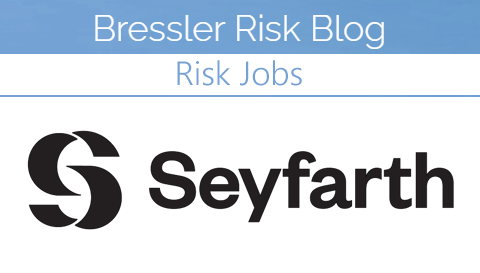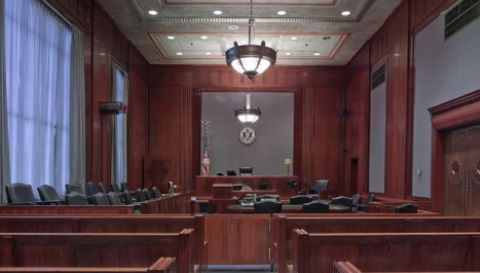RISK COMPENSATION REPORT — 2025 Law Firm Risk Compensation Survey Report (Now Available)
Posted onUpdate (October 30, 2025): Thanks to our sponsor, copies of the survey report are now available free from Epiq. For more information, see this post. (Copies remain available directly as well, as noted below.)

Now in its fourth year, the 2025 Law Firm Risk Staffing Compensation Survey report is hot off the presses! (And also now on file with the US Copyright Office.) If you took the survey, please watch for your reports/benchmarks via email today!
The 2025 exercise built on past year’s exercises in some new and interesting ways. (Yes, New York, you got your local spotlight! And everyone should find the new percentile metrics helpful.)
We saw a modest 5% increase in data collected, 108 participants contributed data on 697 US-based risk positions. (As noted previously, Canada was treated separately this year.)
We had great response levels from manages who participated in the optional Q&A portion. That generated another wave of fascinating feedback and response, coming in at 20+ pages of commentary, which is presented in the report, grouped by firm size bands, addressing six questions:
-
- What are your top challenges tied to risk staff recruiting, training, and career development?
- What are your goals for risk staff recruiting, training, and career development in 2025?
- To what extent are you adding new/emerging roles to your risk organization (e.g. OCG, AI related)? If new roles aren’t yet defined or funded, which would you like to add if possible?
- Are there staffing model changes you’re pursuing or would like to pursue moving forward?
- What is your firm’s remote work strategy for risk? What challenges/opportunities, if any, does remote work present for your firm and its staffing strategy?
- What risk initiatives, if any, is your firm focusing fresh investment in new staff, new resources for 2026?
For those who participated, I expect to have PDFs in your inboxes by the end of the day. Depending on your participation:
- Managers who contributed team data and participated in the Q&A will receive the “extended edition” of the report, coming in at 43 pages, which includes peer Q&A responses
- Managers who contributed team data only will receive the “standard edition” of the report, which includes complete data on all positions and compensation data included in the extended version (20 pages).
- Individual contributors who shared their personal details, will receive a personal benchmark compensation summary relevant to their specific role and firm demographics.
If you/your law firm did not participate in the survey, we’re making copies or personalized benchmarks available for a fee. Please get in touch for details.
I’d like to thank everyone who participated. I hope the results and analysis provide fresh insight and support to those looking for greater clarity on industry compensation practices and trends.
Thoughts are brewing for 2026…
Thanks!









